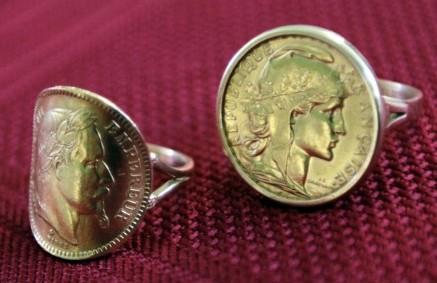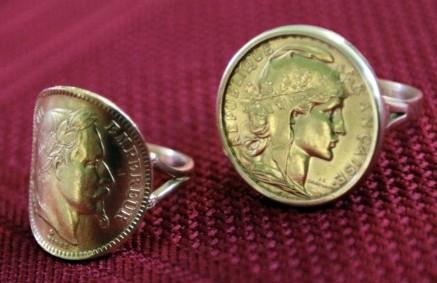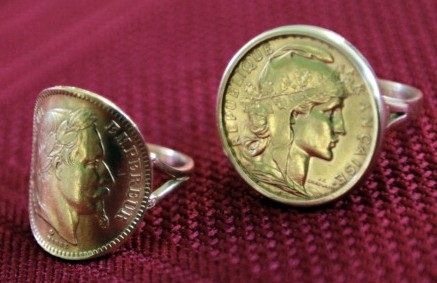NEW YORK—New regulations encourage consumers to be informed about selling gold. According to results from over two dozen undercover investigations led by the Department of Consumer Affairs (DCA), deceptive weighing practices and a wide range of price valuations for the same pieces of gold are common in the gold buying industry.
Deceptive behavior includes not separating gold pieces when weighing, not testing for accurate karat rate, and undervaluing gold.
Undercover inspectors found that the offer prices for three pieces of gold jewelry, each worth approximately $590, ranged from $175 to $450. The daily rate of gold was often not disclosed by the buyer. Although undervaluing property is not illegal, the DCA points out that this phenomenon highlights the need for greater transparency in sales practices and the value of comparison shopping.
DCA issued violation notices to 74 percent of inspected gold buyers and found a 26 percent compliance rate. Violations included failing to keep accurate records, false advertising, and missing signage.
To insure fairness in transactions, the DCA released new regulations for gold buyers. The new rules require gold buyers to disclose the basis on which they price each item including the troy weight of the consumer’s items for sale, the purity (karat) of each item offered for sale, and the price per unit weight to compute the purchase price.
The new rules would also mandate that the gold buyer weigh sale items in full view of the consumer, advise the consumer of the total amount offered for each piece and the pieces sold as a whole, and provide a receipt to the consumer, which includes a description of each item purchased, the date, license number, address, and name of employee.
The DCA also offers tips on its website for consumers who are interested in selling gold.







Friends Read Free